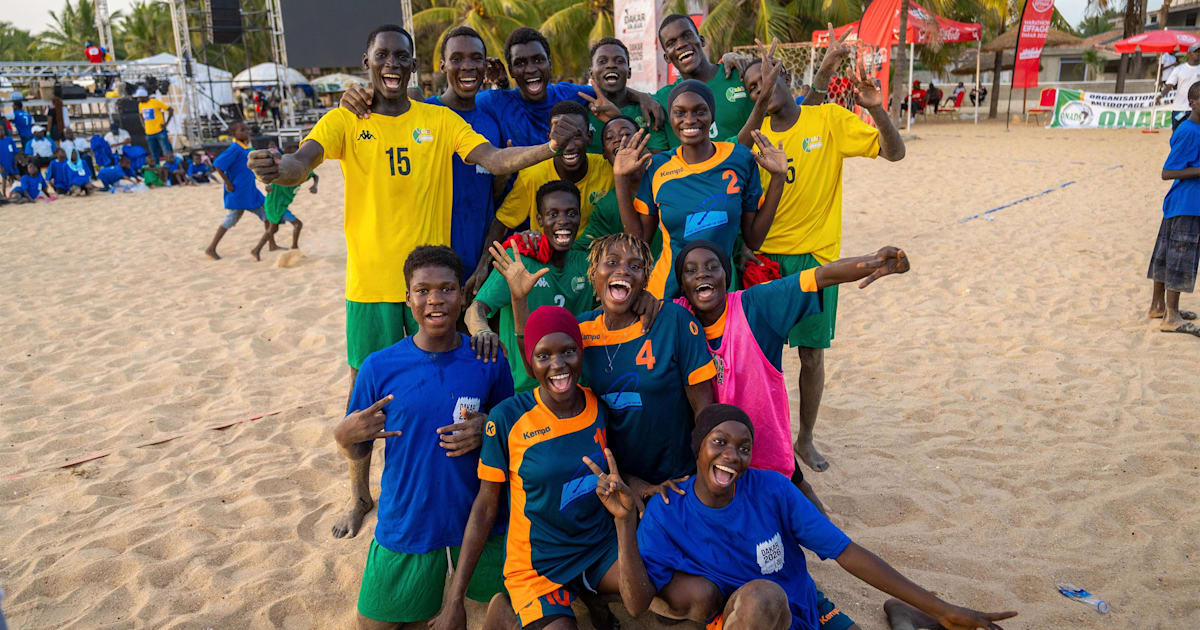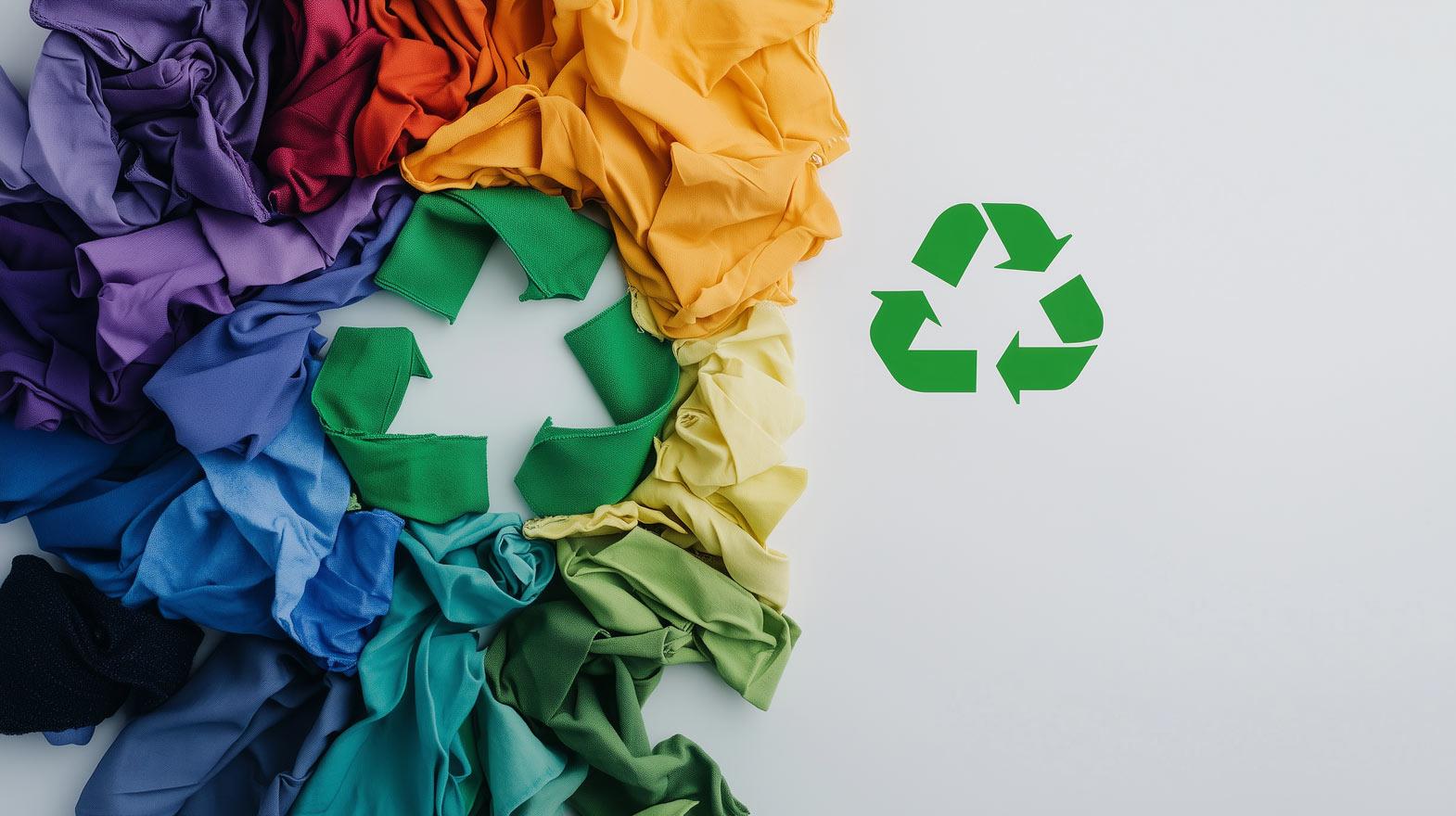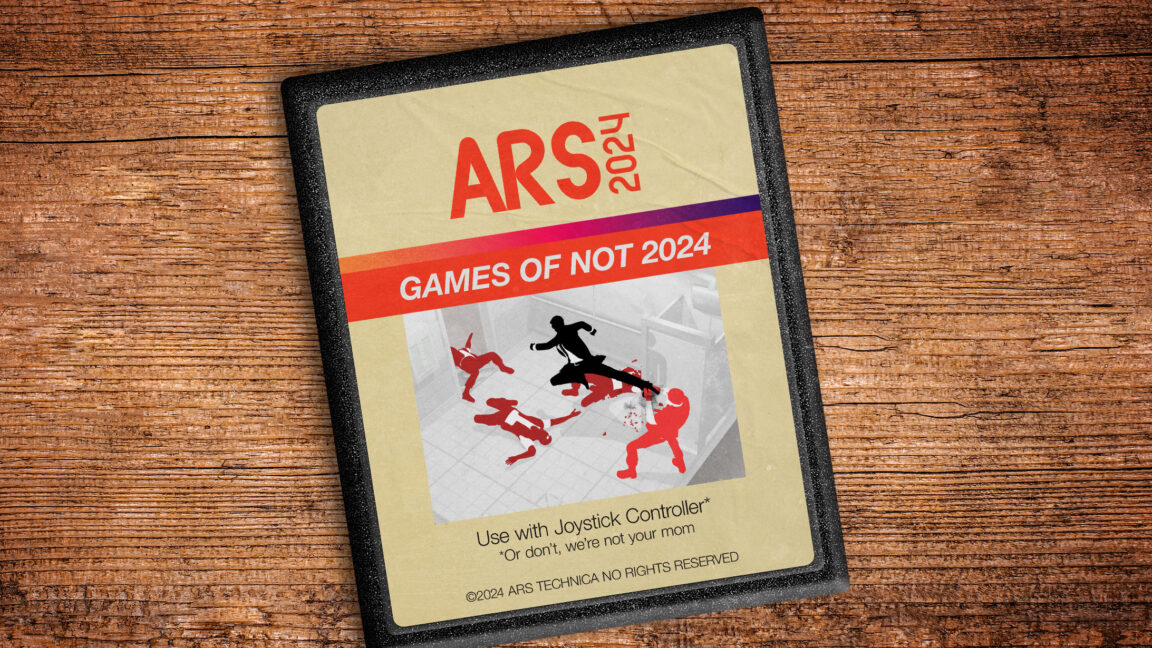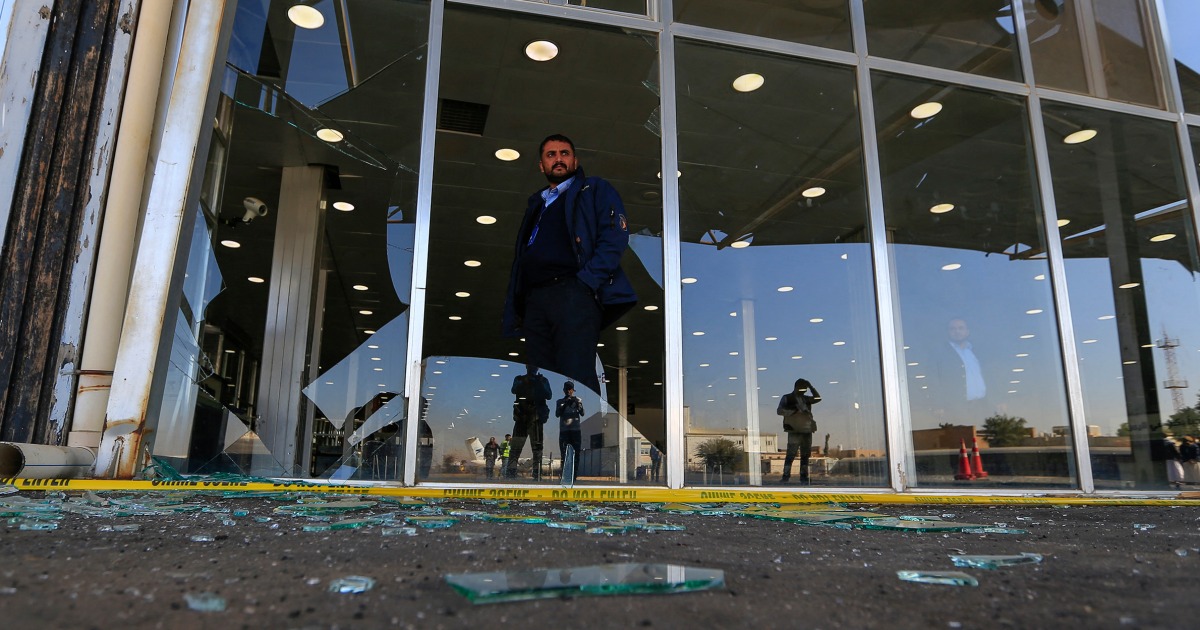Sports
Evolution of the approach to the sports programme of the Youth Olympic Games – Dakar 2026 first to benefit from it

New sports programme at Dakar 2026
In light of the above, the IOC has worked closely with the Dakar 2026 Organising Committee to determine the sports competition programme and sport engagement programme for Dakar 2026.
An updated set of sports principles has been developed, with the aim of providing a sustainable and credible model for Dakar 2026:
- The sports principles limit each sport to one discipline, ensure credible elite youth competitions, exclude mixed-National Olympic Committee (NOC) medal events, propose innovative formats, and maximise connections with Senegal and Africa.
- The athlete quota reduces the overall athlete numbers, while ensuring gender equality.
- The venue and operational strategy maximise the use of existing venues, avoid significant refurbishments except for essential needs, promote sharing of venues and Fields of Play (FOPs), and minimise road and beach events to reduce complexity and city impact.
- The NOC representation and qualification principles will be ensured via a pathway for all NOCs to the YOG Dakar 2026, with a strong focus on African NOCs and athletes, and considering continental representation across all sports.
- The maximum age for participants will be 17 at the time of the Games, with the respective age requirements aligned with IF and elite athlete pathways where feasible.
Based on the newly defined principles, it was decided to maintain the official involvement of all 35 IFs in Dakar 2026, with 25 sports featuring on the competition programme and 10 to be part of the engagement programme. Sports on the engagement programme will be equally promoted as being part of the YOG Dakar 2026.
“As we present the new sports programme for Dakar 2026, our goal is to create an engaging and innovative experience that connects with young people, particularly within Senegal and Africa,” said IOC Member Karl Stoss, Chair of the Olympic Programme Commission. “By designing the programme to fit the local context, we are ensuring that the Youth Olympic Games resonate deeply with the host community as well as the young athletes, creating a memorable and impactful event that will inspire the youth of Senegal and beyond.”
Sports included in the competition programme have been assessed with their respective IFs, in collaboration with local authorities, their NFs in Senegal and more broadly across Africa, to ensure the sports and their chosen disciplines align well with the elite pathways of each sport. For Dakar 2026, these sports are:
Aquatics, archery, athletics, badminton, baseball, basketball, boxing, breaking, cycling, equestrian, fencing, football, gymnastics, handball, judo, rowing, rugby, sailing, skateboarding, table tennis, taekwondo, triathlon, volleyball, wrestling and wushu.
Sports on the engagement programme will also have the opportunity to establish a significant presence at the YOG, with these sports being showcased through various activities on the ground and on the various Olympic online platforms, promoting them as integral parts of the YOG Dakar 2026. For Dakar 2026, these sports are:
Canoe, golf, hockey, karate, modern pentathlon, shooting, sport climbing, surfing, tennis and weightlifting.
Legacy and impact plans for all 35 sports will be developed and form an integrated sports legacy plan for the YOG in Senegal and Africa.
The sports events programme and the athlete quota will be decided at one of the next EB meetings this year.








